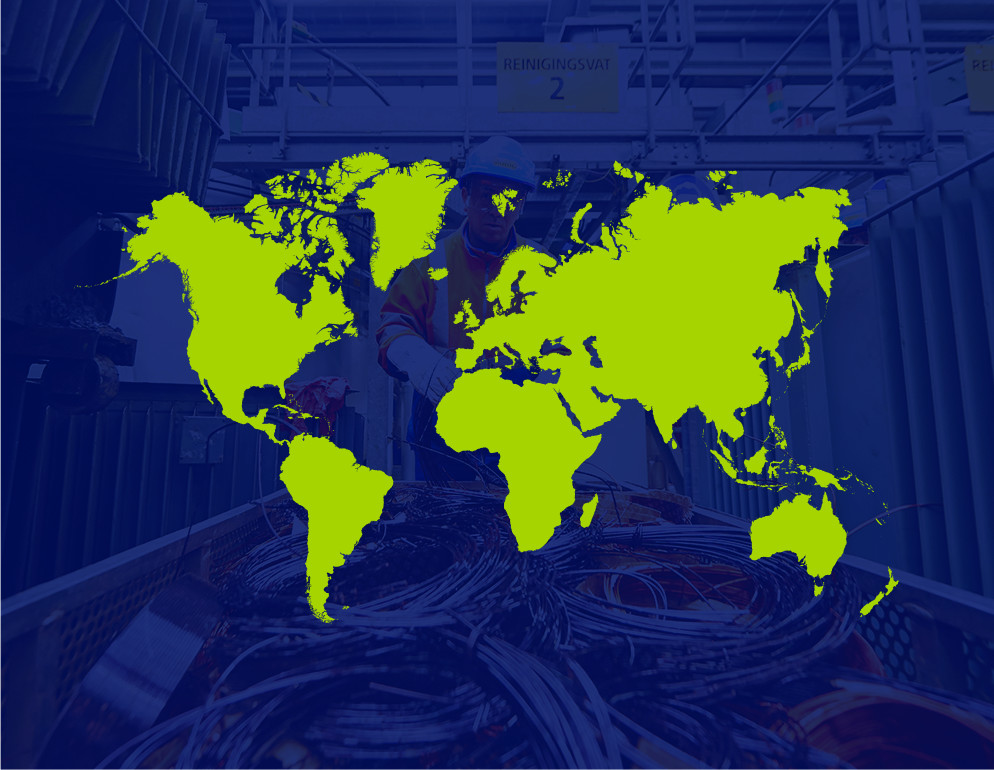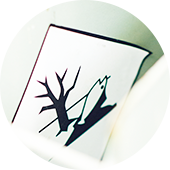
What are PCBs?
You can find them in many electric appliances, turbines and pumps but also as weld, adhesives and paint components. They were completely banned in 1987.
PCB, or PolyChlorinated Biphenyls, and PCT PolyChlorinated Terphenyls are chlorinated chemical derivatives better known under the brand names of Askarel or Pyralene.
Since the 1930ies, PCB were used in the industry for their qualities of insulation, lubrication and flammability.
We found them as insulation in electrical transformers and capacitors, as lubricants in turbines and pumps, or as components of oils, welds, adhesives, paints and carbonless paper.
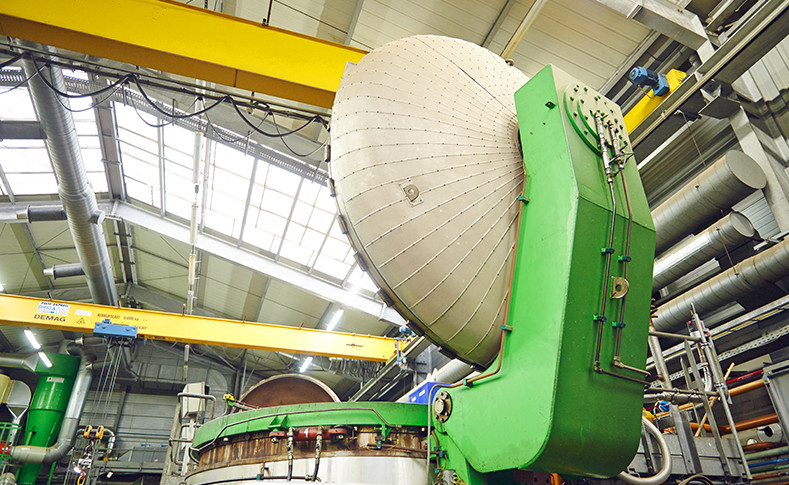
What dangers?
There is evidence that PCB pose problems of toxicity.
This is why, since 30 years, these substances are no longer produced nor used in the fabrication of devices in Europe.
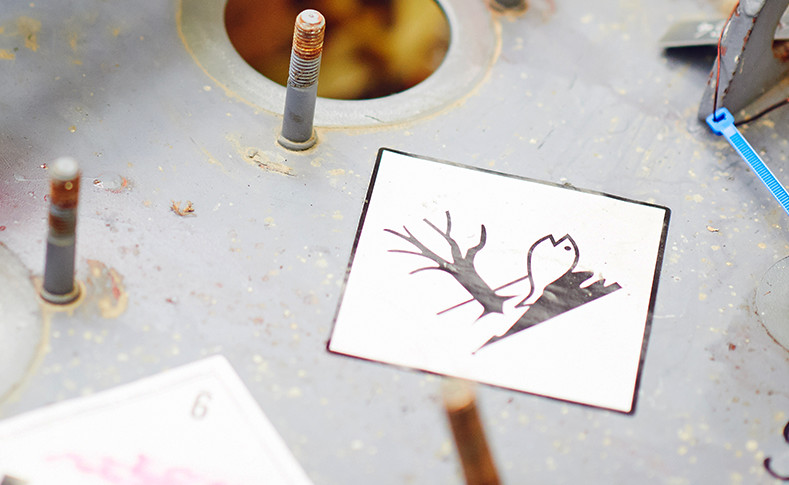
Environmental influences
PCB persist in the environment due to their very slow natural decomposition (a low biodegradability) and are poorly dissolvable in water.
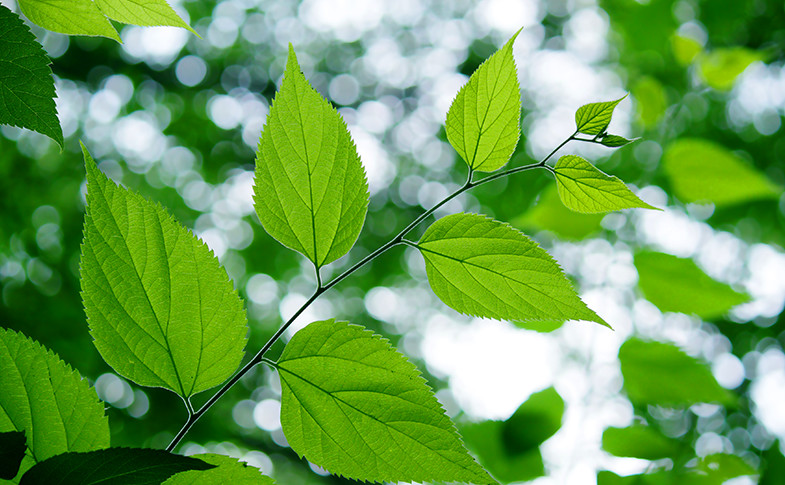
In the world
What countries are involved?
The countries that have ratified the Stockholm Convention relating to the elimination of persistent organic pollutants (POP's) as well as the Basel Convention on the control of transportation and transboundary movements of hazardous waste and those countries with which there is a bilateral agreement, can export PCB-containing waste to have it treated at PCB Decontamination.
